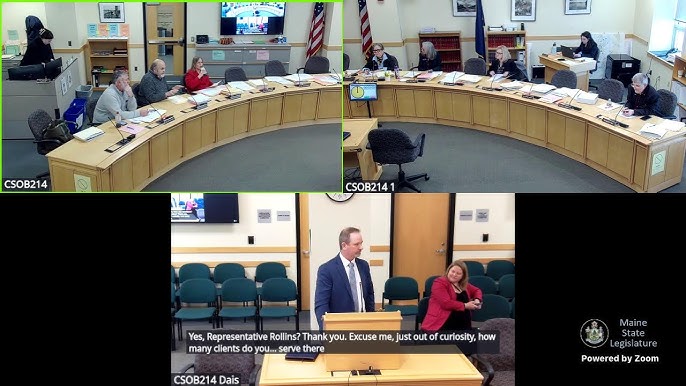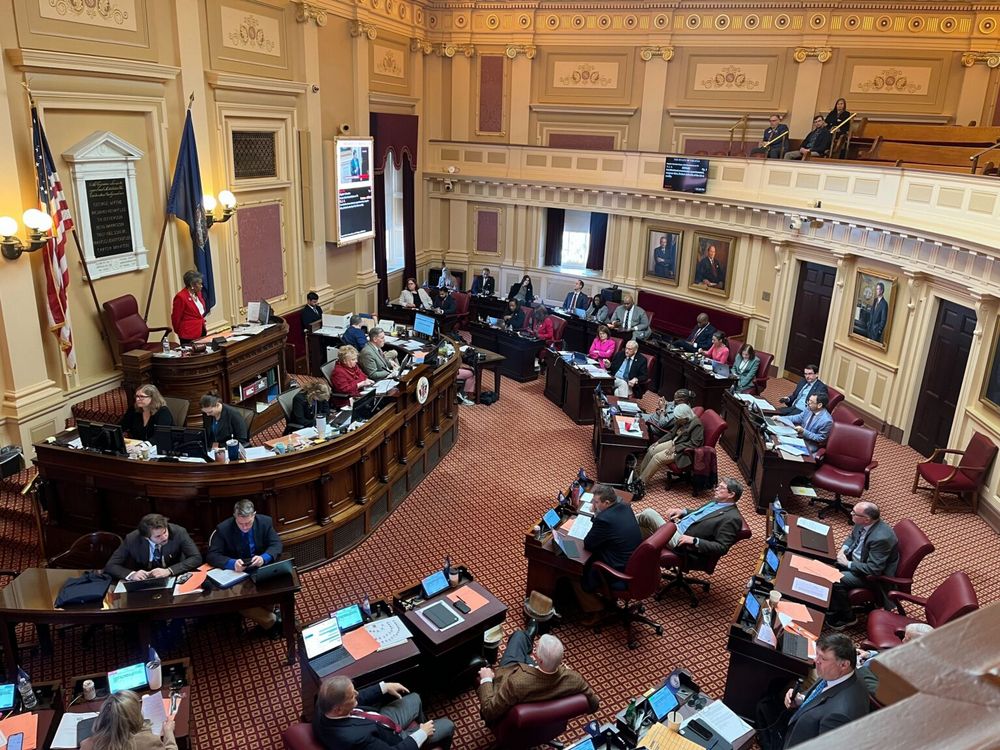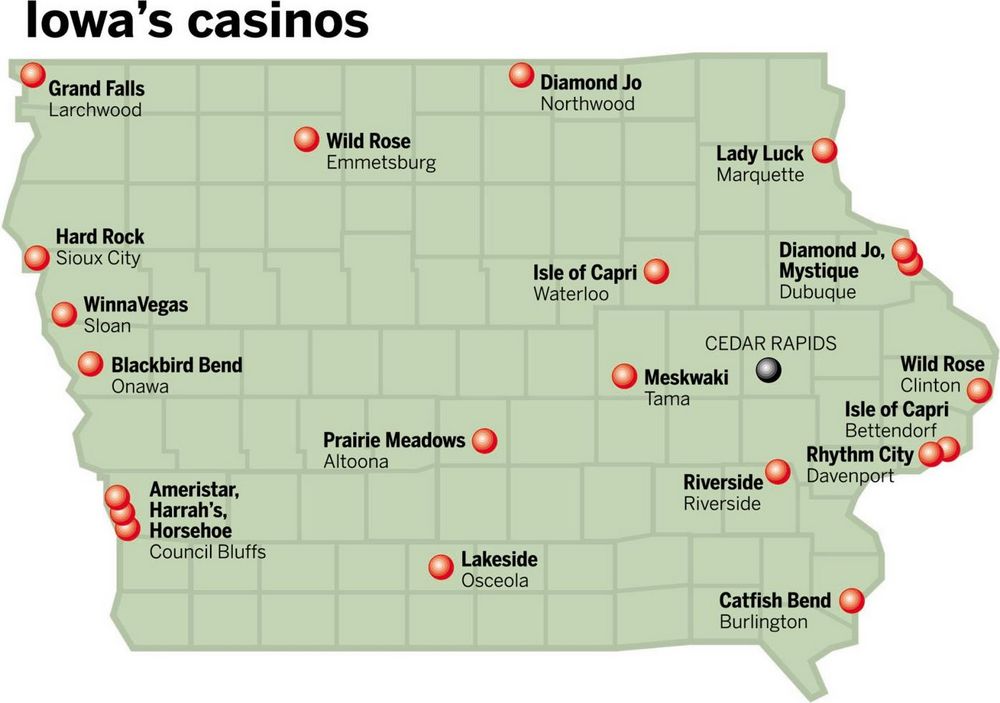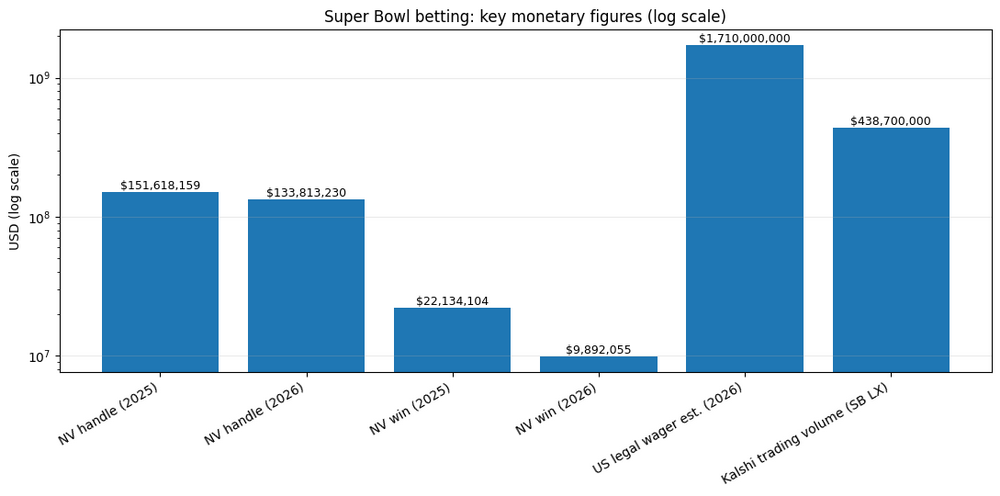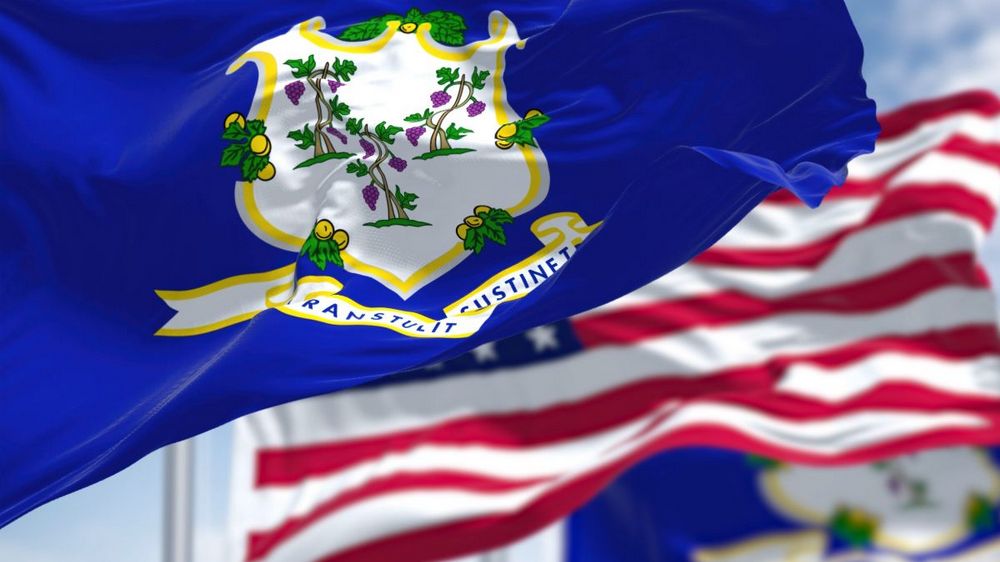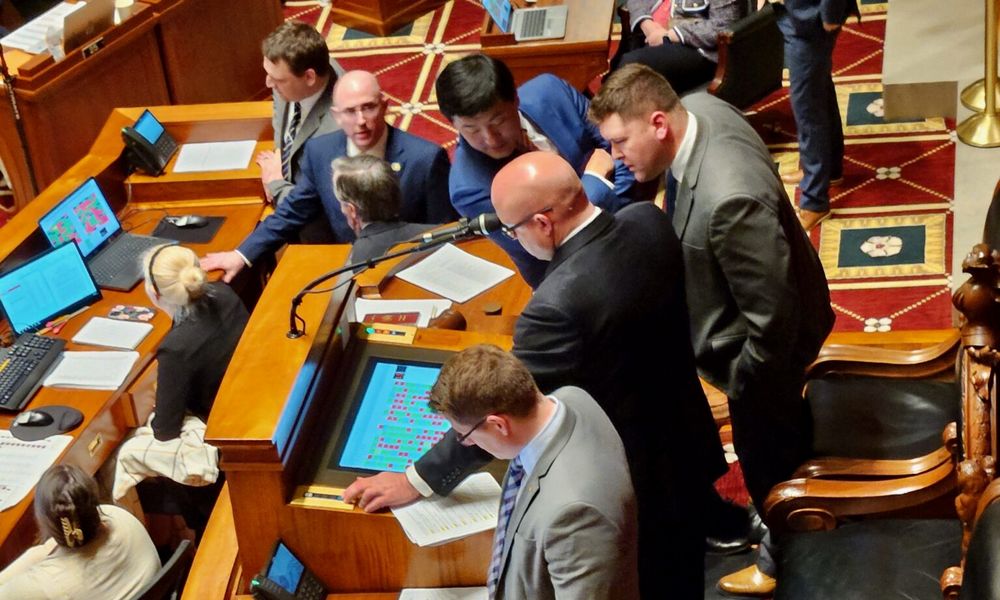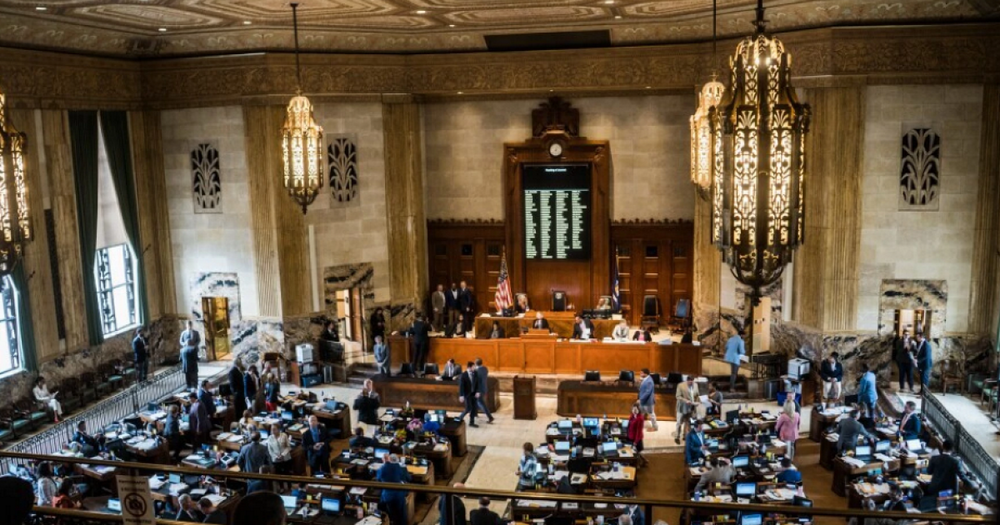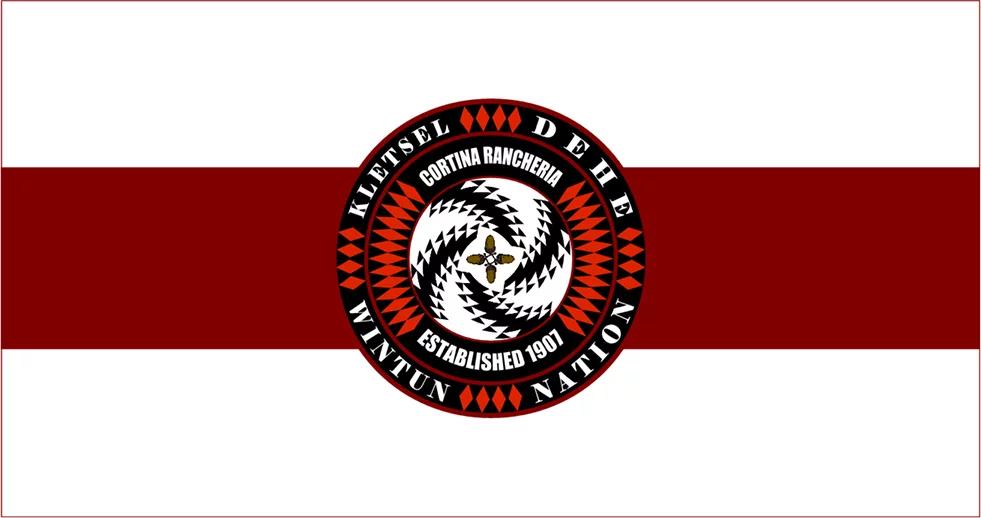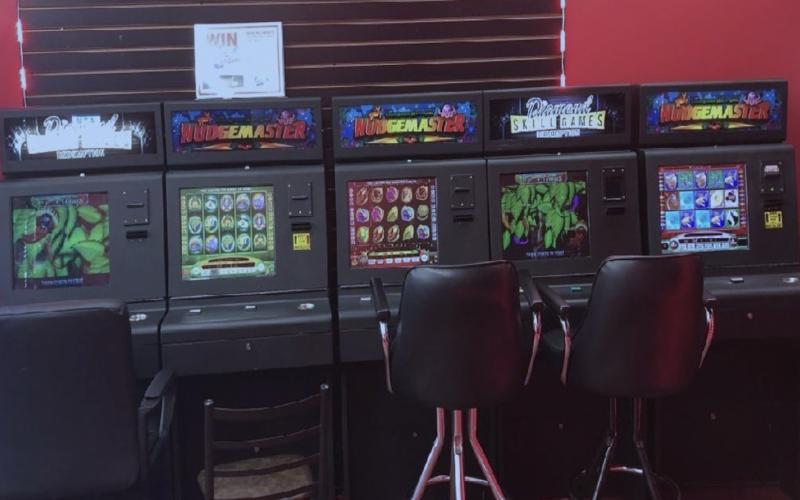The fight over California’s digital gaming future took a dramatic turn this week as the Kletsel Dehe Wintun Nation announced a landmark deal with Australian social-gaming operator VGW, even as state lawmakers advance Assembly Bill 831 (AB 831), which seeks to outlaw sweepstakes-style casinos across the state.
The tribe’s economic arm, the Kletsel Economic Development Authority (KEDA), confirmed the partnership, describing it as essential for economic sovereignty and sustainability. At a Senate Appropriations Committee hearing, KEDA CEO Eric Wright blasted the bill as discriminatory, arguing it favors larger, well-located tribes while leaving smaller, geographically isolated nations behind.

“AB 831 is being pushed without tribal consensus,” Wright told lawmakers. “For many of us, sweepstakes platforms are not luxuries—they are lifelines that fund housing, healthcare, and education.”
The economic footprint is significant. Industry figures show sweepstakes casinos generate more than $1 billion annually in California, including $731.9 million in marketing spend, $35.8 million in processing fees, $34.2 million in hosting, and over $208 million in salaries. Analysts warn that banning the model could erase 1,200 jobs overnight.
IGB enforces sweeping restrictions on gambling ads...
The Social Gaming Leadership Alliance (SGLA), a trade body representing sweepstakes platforms, urged lawmakers to pivot toward regulation and taxation instead of prohibition. Shane LaVigne, speaking for SGLA, argued that California could secure $200–$300 million in yearly tax revenue while implementing strict consumer safeguards. “Driving these platforms underground only creates risk,” LaVigne said. “The smarter play is to regulate and tax.”
Prediction markets disrupt traditional betting, ra...
AB 831’s path has stirred controversy beyond gaming policy. The bill was amended mid-session through a “gut-and-amend” maneuver, which swapped out its original language for the current sweepstakes ban. Critics contend the tactic undermined transparency and limited stakeholder debate, fueling tensions among tribes and industry groups alike.
For KEDA, the timing of the VGW alliance is no accident. The deal provides technical, operational, and marketing expertise, giving the Kletsel Dehe Wintun Nation leverage in both economic and political arenas. “We’re not backing down,” Wright emphasized. “This is about fairness, about sovereignty, and about the right to participate in the digital economy.”
As California lawmakers weigh the bill, the decision will resonate beyond state borders. A full ban could set a national precedent in cracking down on sweepstakes casinos, while a regulatory approach could cement California as a pioneer in integrating tribal nations into the digital gaming economy. For now, the stakes remain sky-high: billions in revenue, thousands of jobs, and the future of tribal sovereignty in the digital age.












